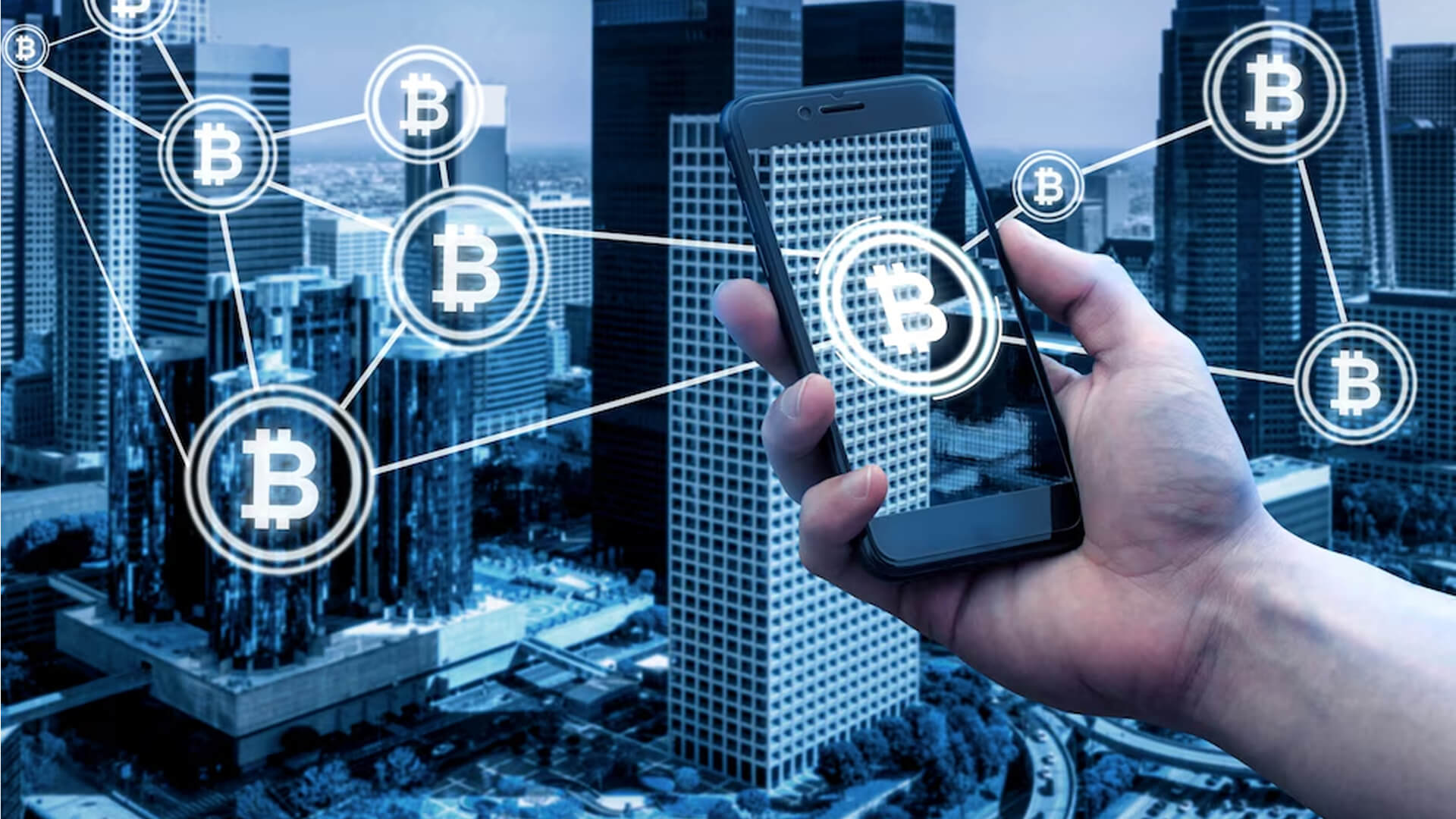Blockchain NFT (ERC - 721)

Krishna Vepakomma |
Blockchain technology has revolutionized industries by providing secure and transparent transactions. Among the various blockchain standards, ERC-721 has emerged as a game-changer, enabling the tokenization of unique assets on the blockchain. In this article, we will explore the ERC-721 blockchain standard, its features, and its potential applications.
What is ERC-721?
ERC-721 is a blockchain standard, also known as the Non-Fungible Token (NFT) standard, developed on the Ethereum blockchain. Unlike traditional cryptocurrencies like Bitcoin or Ethereum, ERC-721 tokens represent unique and indivisible assets. Each token is distinct and cannot be exchanged on a one-to-one basis, making it ideal for representing collectibles, digital art, real estate, virtual assets, and more.
Features of ERC-721:
1. Unique Asset Ownership: ERC-721 tokens represent ownership of unique assets, whether physical or digital. Each token is assigned a distinct identifier, allowing for easy identification and ownership verification. This uniqueness sets ERC-721 apart from other blockchain standards, where tokens are interchangeable and fungible.
2. Indivisibility: ERC-721 tokens are indivisible, meaning they cannot be divided into smaller units like traditional cryptocurrencies. This feature ensures that the uniqueness and value of the asset remain intact. It is particularly valuable for assets such as rare collectibles or unique pieces of digital art.
3. Smart Contract Functionality: ERC-721 tokens are governed by smart contracts, which define the rules and behaviors associated with the tokens. Smart contracts enable the creation of unique functionalities, such as transferring ownership, accessing metadata, and implementing royalty mechanisms for creators.
4. Interoperability: ERC-721 tokens can interact with other ERC-721-compliant contracts and platforms, enabling interoperability within the Ethereum ecosystem. This interoperability allows for the seamless exchange, transfer, and utilization of unique assets across different applications and platforms.
5. Immutable Ownership Record: The blockchain records the ownership history of each ERC-721 token, providing an immutable and transparent record of ownership transfers. This feature ensures the provenance and authenticity of assets, making ERC-721 tokens valuable for verifying the ownership and origin of unique items.
Applications of ERC-721:
1. Digital Art and Collectibles: ERC-721 has gained significant traction in the digital art and collectibles market. Artists can tokenize their artworks, creating unique digital assets that can be bought, sold, and traded securely on the blockchain. Collectors can verify the authenticity and ownership of digital art pieces, revolutionizing the art industry.
2. Gaming and Virtual Assets: The gaming industry has embraced ERC-721 for tokenizing in-game assets and virtual items. Players can truly own and trade rare in-game items or characters, increasing the value and liquidity of virtual assets. This opens up new possibilities for the gaming economy and creates a transparent and secure marketplace for virtual items.
3. Real Estate and Property Ownership: ERC-721 tokens have the potential to revolutionize the real estate industry by tokenizing property ownership. Each property can be represented by a unique token, simplifying the transfer and management of property titles. This can streamline property transactions, reduce costs, and enhance transparency in real estate markets.
4. Supply Chain and Provenance: ERC-721 tokens can be used to track the provenance and authenticity of physical goods within supply chains. Each token can represent a unique product, enabling traceability from the point of origin to the end consumer. This transparency helps combat counterfeiting and ensures the integrity of supply chains.
5. Intellectual Property Rights: ERC-721 tokens can be utilized to manage and enforce intellectual property rights. Artists, musicians, and content creators can tokenize their creations, ensuring proper attribution, royalty distribution, and control over the usage of their work.
Innoworks and ERC-721:
As a leading software development company, Innoworks leverages the power of ERC-721 to create innovative blockchain solutions. With expertise in smart contract development and the Ethereum ecosystem, Innoworks assists clients in exploring the potential of ERC-721 tokens for their specific use cases. The company works closely with clients to design, develop, and deploy ERC-721-based applications that unlock new opportunities and enhance business processes.
Conclusion:
ERC-721 blockchain brings forth a new paradigm in the tokenization of unique assets. With its unique features and capabilities, ERC-721 enables the representation and exchange of non-fungible assets securely on the blockchain. Innoworks, with its expertise in blockchain development, is well-positioned to harness the potential of ERC-721 and assist businesses in realizing the benefits of this revolutionary blockchain standard.